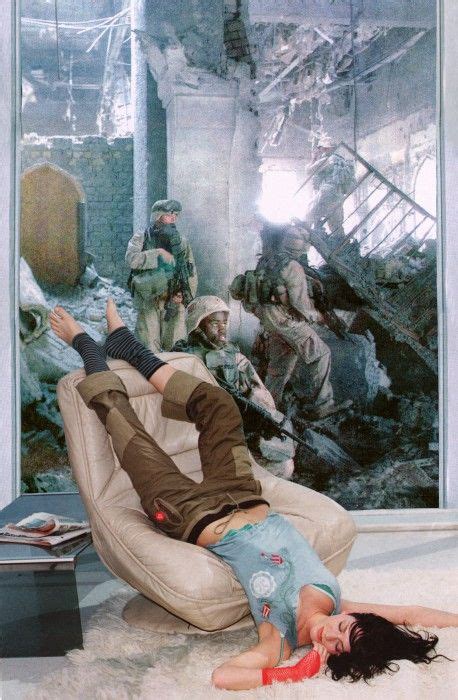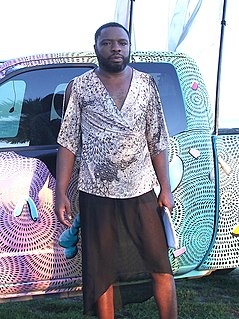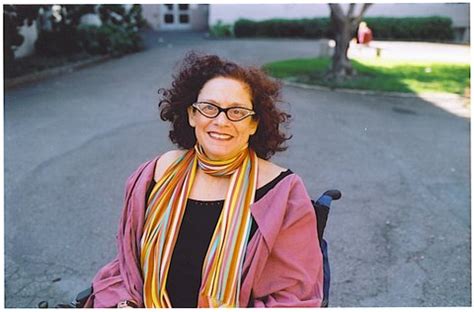A Quote by Martha Rosler
So much of my work involved the Vietnam War that it would have been obscene to show it in a gallery. But now, it’s different; it’s important to remember and to enable the young to discover what to some of us is still so present.
Related Quotes
Most of us who were opposed to the war, especially in the early '60's - the war we were opposed to was the war on South Vietnam which destroyed South Vietnam's rural society. The South was devastated. But now anyone who opposed this atrocity is regarded as having defended North Vietnam. And that's part of the effort to present the war as if it were a war between South Vietnam and North Vietnam with the United States helping the South. Of course it's fabrication. But it's "official truth" now.
I believe that God will help us to forget things, the memory of which would do us harm, or rather that He will enable us to remember only so much of them as will be for our good, and we, ourselves, not emotionally overwhelmed. The pain endured. The lesson learned. Let it now be forgotten! Face the future with courage, cheerfulness, and hope. Give God the chance and He will make you forget all that it would be harmful to remember.
I'm actually looking for a gallery, but the thing is some galleries just want to show the video work and some are just interested in the 2-D work. It has to be a gallery where I can do the 2-D collages, the video, and live performance, where it's not this weird conflict, where it can all move forward.
I say openly that I am an anti-war person, with the point being, show me some reason not to be against this war. You have to be sort of asleep at the switch not to be critical of it. And the parallel between one quagmire we went through in Vietnam and the one we're in now is clear for everybody to see.
Virtually all student debt in the US is now held by the federal government. It would therefore be a relatively simple matter to forgive some, if not all of it. This would enable young people to transition much more easily into creating their own households and families. At the same time, if the government is going to enact a major program of student debt forgiveness, it should be at least equally committed to relieving the heavy mortgage debt burdens still carried by tens of millions of non-affluent households in the aftermath of the 2007-09 financial crash and Great Recession.
Wars always evolve over time, don't they? Iraq/Afghanistan is different than Vietnam, and Vietnam was different than Korea, and Korea was different than World War One, and so on. Some things remain the same, of course - one side fighting another over ideology or a patch of ground - but there are some aspects of combat life which differ radically than their predecessors.
US Cycling is doing a lot now with camps in different towns or different regions, but I think a great place, and I'm not sure how much it's been hit, is camps for people that are involved in other sports. Why not put on camps for high school kids that are cross-country runners, because those are the some of the best cyclists.
Critical journalism has gone out of fashion, or rather, it has been bought out. And so, we have much less of it than we did during the Vietnam era, where there was very critical reporting on the Vietnam War and a lot of disagreement among the media. Now you find that the media are much more homogenous, converging because they all must cater to the same community of advertisers. It's sad to see.








































